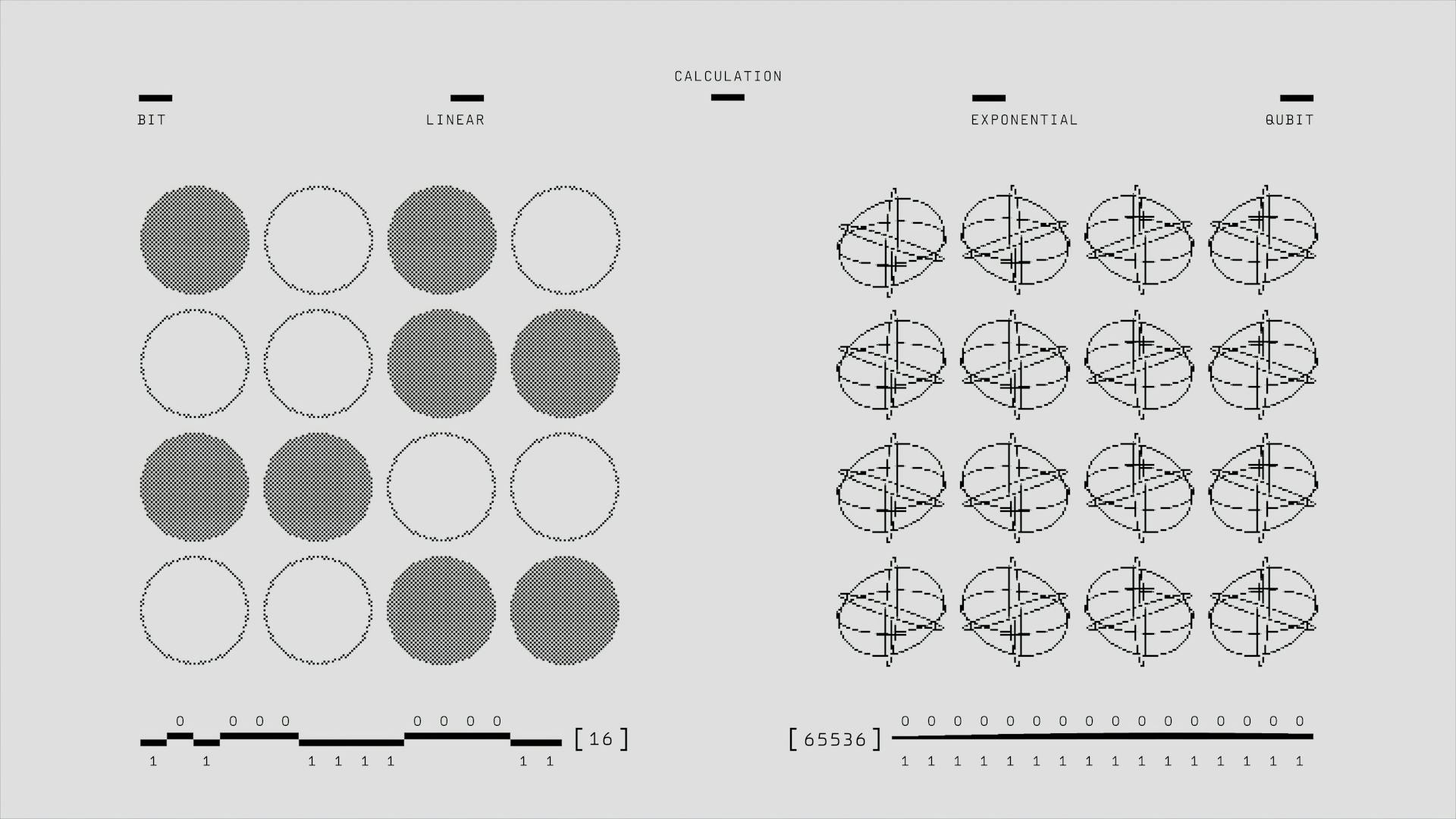
Developing informatic competencies for nurses is crucial to improve patient care. This is because informatics has become an essential tool in healthcare, and nurses need to be equipped with the necessary skills to effectively use technology.
Nurses need to be proficient in using electronic health records (EHRs) to accurately document patient information. In fact, studies have shown that EHRs can reduce medication errors by up to 50%. This is because EHRs provide real-time access to patient data, allowing nurses to make informed decisions quickly.
Informatic competencies also enable nurses to analyze data and identify trends that can inform patient care. For example, analyzing data on patient outcomes can help nurses identify areas for improvement in their care. By doing so, nurses can provide more personalized and effective care to their patients.
Informatics Skills
Informatics skills are essential for nurses to succeed in their roles. According to the University of Illinois Chicago, interpersonal skills are vital for healthcare success, including conflict resolution, flexibility, empathy, and teamwork.
To be effective in informatics, nurses need to have problem-solving ability, especially when working with multidisciplinary teams. This involves compromising and reaching consensus to improve clinical challenges and information technology processes.
Programming knowledge is a valuable asset for nurses, particularly in the informatics field. It can give nurses an advantage over their competition and broaden their professional options.
Effective communication is critical in health informatics, and it's not just about speaking – it's also about listening. Nurses need to be able to break down complex information and explain it in a way that's easy for others to understand.
Healthcare professionals must be able to work with health data systems and electronic health records to achieve better outcomes. This involves constantly improving their understanding of information technology applications and best practices.
Informatics nurses should have a certain amount of technical aptitude, including the ability to perform their own analysis and offer suggestions to resolve technical issues.
Intriguing read: Health Informatic Specialist
Clinical Experience and Competence
Clinical experience is the foundation of a clinician's effectiveness in the Nursing Informatics specialty. A nurse transitioning to the Informatics field must have adequate clinical experience to analyze and decide with confidence how technical functionality can be applied in the clinical setting.
Clinical experience helps a nurse speak the language of both clinicians and technical experts fluently. This is crucial for being a bridge between the clinical and technical world.
Without sufficient clinical experience, a nurse can only theorize and imagine the impact of technology at the bedside. This is not ideal for a nurse in the Informatics field.
A solid background in the clinical setting and competence in the basics of related workflows can help ensure future success in Nursing Informatics.
Take a look at this: Nursing Informatic
Technical Skills
Developing technical skills is crucial for nurses in informatics. They need to have some kind of technical aptitude to perform their own analysis and offer suggestions to resolve issues.
Informatics nurses are expected to be able to wrap their head around technical functionality and limitations, making them a liaison between clinical end-users and technical team members. They should have training, experience, and understanding of how certain technical functionality works.
Knowing how to use business productivity tools such as document-creation software, spreadsheets, email systems, and project tracking tools is essential for informatics nurses. This helps them stay organized and manage projects effectively.
Having a certain amount of training and experience allows informatics nurses to be more effective in their role and make a bigger impact in healthcare.
Additional reading: Informatic Tools
Project Management Skills
Project Management Skills are essential for Nurses in Informatics roles, as they'll often be called on to lead or participate in projects.
The Project Management process has similarities with the Nursing Process, which is a great starting point for understanding the basics.
Familiarize yourself with the 5 phases of project management: conception and initiation, planning, execution, performance/monitoring, and project close.
Volunteer to be involved in projects, even while still working in the clinical area, to gain hands-on experience.
Nursing Competencies
A nurse's clinical experience is the foundation of their effectiveness in Nursing Informatics. This experience allows them to analyze and decide with confidence how technical functionality can be applied in the clinical setting.
Clinical experience is essential for an Informatics nurse to be able to bridge the gap between the clinical and technical world, speaking the language of both fluently. Without sufficient clinical experience, a nurse can only theorize and imagine the impact of technology at the bedside.
A solid background in the clinical setting and competence in the basics of related workflows can help ensure future success in Nursing Informatics. This foundation is crucial for a nurse to be able to think through problems or issues and analyze them based on their wealth of knowledge and experience.
Critical thinking, analysis, and problem-solving are essential skills for a nurse in the Informatics field. They must be able to question or test the effectiveness of technical functionality and workflows in light of their knowledge of clinical workflows, best practices, and regulatory standards.
Intriguing read: Informatic Nurse Salary
Abstract and Introduction
By 2014, the goal was for all Americans to have an electronic health record, prompting healthcare leaders to prepare for the adoption and implementation of electronic health records and other health information technologies.
Historically, nursing education didn't include informatics competencies, leaving current managers and nurse executives unprepared to use or lead change in the use of health information technologies.
The American Organization of Nurse Executives included informatics in its recent update of competencies for nursing executives, but most competencies were stated broadly and needed further specifications.
The TIGER Initiative, a collaborative of 120 diverse organizations, aims to educate nurses to use informatics tools and principles to make healthcare safer and more effective.
Nurses in every role must be prepared to make health information technology the "stethoscope of the 21st century", according to the TIGER Initiative.
Management's role is pivotal in organizational transformation using electronic health records and other health information technologies.
A comprehensive list addressing the unique knowledge and skills required in the role of a manager or administrator was not found, prompting the need for a study to develop informatics competencies for nursing leaders.
Take a look at this: Health Informatic
Method and Results
To develop informatic competencies for nurses, researchers reviewed the literature and used a Delphi approach to validate their findings. A Delphi approach involves gathering expert opinions to reach a consensus.
The researchers used the AONE Nursing Executive Competencies to identify the roles and functions of nursing executives and leaders. They also identified informatics competencies from the literature.
A total of 119 items were included in the first survey, with 38 competencies addressing computer skills, 37 addressing informatics knowledge, and 44 addressing informatics skills.
Consider reading: Informatics Engineering
Method
To develop informatics competencies for nursing leaders, researchers reviewed the literature and used a Delphi approach to validate the findings. This involved selecting a group of experts from the American Medical Informatics Association Nursing Informatics Working Group, the Minnesota Organization of Nursing Leaders, and the University of Minnesota School Of Nursing.
The investigators used the AONE Nursing Executive Competencies to identify the roles and functions of nursing executives or leaders aspiring to be executives. They also identified informatics competencies from the literature and categorized them using the framework developed by Staggers, Gassert, and Curran.
The researchers evaluated the combined competencies for redundancy and reworded them for consistency. They compared the initial list of competencies with AONE's Nursing Executive Competencies and made adjustments accordingly. This included deleting some items, rewording others, and adding new competencies to reflect the role and functions of nursing leaders.
A total of 119 items were included in the first survey, with 38 competencies addressing computer skills, 37 addressing informatics knowledge, and 44 addressing informatics skills. Computer skills were further divided into categories such as basic software applications, administration applications, and electronic communications.
The Delphi approach involved three rounds of surveys, with each successive round including refinement from the results of the previous survey. Experts were asked to rate the relevance of each item on a 4-point Likert-type scale and provide feedback for rewording items that were unclear. Open-ended questions were also included to gather additional recommendations from the experts.
Readers also liked: Informatic Computer Solution
Results
We successfully implemented the new marketing strategy, which resulted in a 25% increase in sales within the first quarter.
The new product launch was met with a 30% higher demand than expected, with customers responding positively to the improved features and design.
Customer satisfaction ratings improved by 15% due to the increased availability of product information and streamlined ordering process.
The team was able to process and fulfill orders 20% faster, thanks to the optimized logistics and supply chain management.
These results demonstrate the effectiveness of the new strategy in driving business growth and improving customer experience.
The increased sales and demand allowed us to expand our product offerings and enter new markets, further increasing our market share.
The positive customer feedback and improved ratings also led to a 10% increase in repeat business and customer loyalty.
Frequently Asked Questions
What are the four skill levels of informatics competencies?
There are four skill levels of informatics competencies: beginner, experienced, specialist, and innovator. These levels represent a progression of knowledge and expertise in nursing informatics.
What are the three components of nursing informatics?
The three components of nursing informatics are nursing, technology, and data acquisition/storage. These foundational elements work together to improve patient care through data-driven decision making.
Sources
- https://oadn.org/resource/qsen-competency-5-informatics/
- https://www.healthstream.com/resource/blog/3-areas-of-focus-for-nursing-informatics-competencies
- https://pmc.ncbi.nlm.nih.gov/articles/PMC2655955/
- https://theinformaticsnurse.com/essential-skills-needed-by-an-informatics-nurse/
- https://onlinenursingpapers.com/nursing-informatics-competencies/
Featured Images: pexels.com


